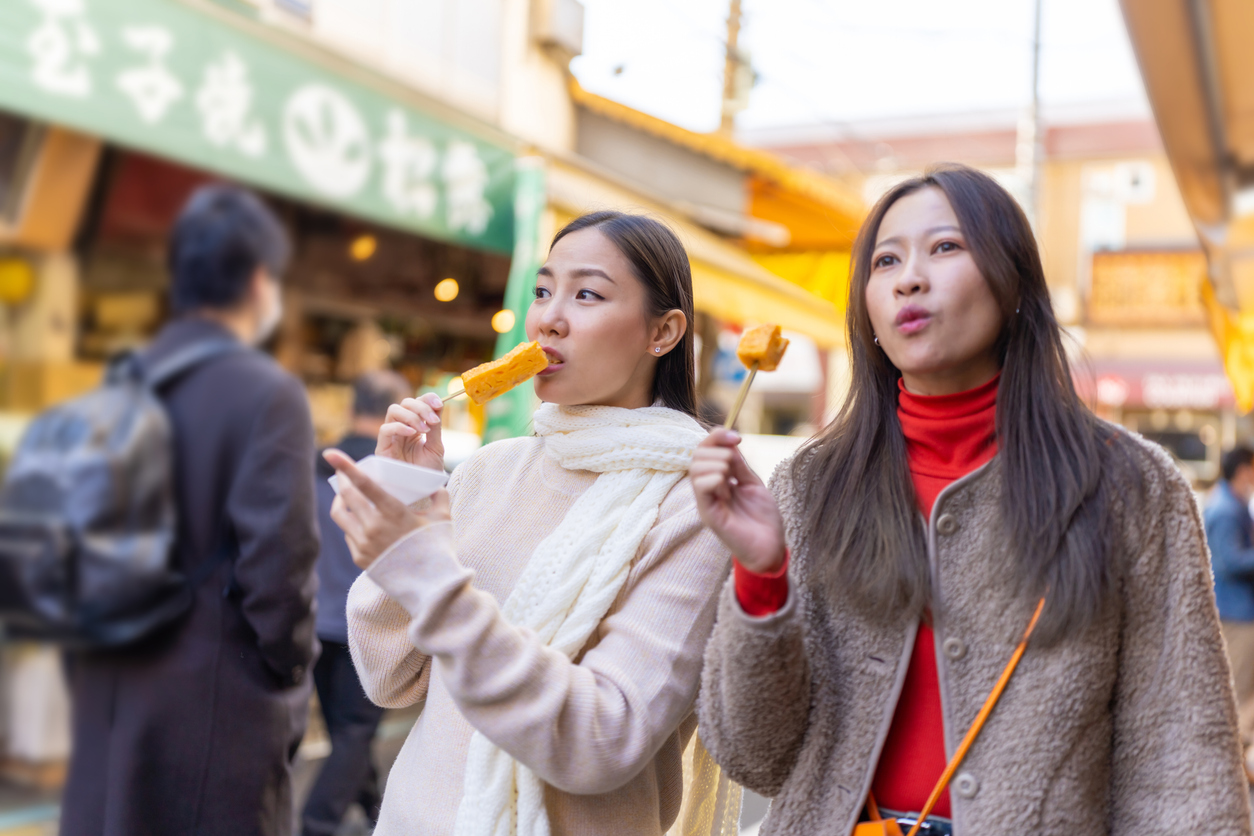2024/05/07
Inbound Tourism Regained: Related Industries Should Make Constant Efforts for Structural Reform to Boost Domestic Demand

In March, Japan received over 3 million foreign visitors monthly for the first time, marking a 69.5% surge from the same period last year and an 11.6% increase compared to March 2019, before the onset of COVID-19. Inbound tourism has completely regained its pre-pandemic momentum. In addition to the yen depreciating to historic levels, the spike in the numbers of monthly visitors can be attributed to positive factors: “The Easter holiday and the allure of Japan's cherry blossom season coincided at the same time,” based on the data provided by Japan National Tourism Organization (JNTO). When looking at the visitors by country, the top-ranked countries remain the same as the pre-pandemic period, comprising South Korea, China, and Taiwan, followed by the U.S., Hong Kong, and Thailand. However, China, which held the top position before the coronavirus pandemic, fell to third place, experiencing a 34.6% decrease from 2019. It was replaced by South Korea in first place and Taiwan in second place.
Inbound tourist spending boosted demand in the domestic distribution and related service industries. In February, the inbound sales accounted for more than 10% of the total department store sales, which was a 47.5% increase compared to 2019, surpassing the pre-pandemic levels for the eighth consecutive month (according to the data provided by Japan Department Stores Association). The lodging industry is thriving, particularly with the ongoing influx of foreign-affiliated hotels catering to inbound travelers. As a result, the unit prices of lodging are rising rapidly, with average prices increasing by 20 to 30%. In desirable locations, it is not uncommon to see unit prices surge by 50% or more. Incidentally, in response to the “urgent request” from our company’s workers, we have raised the lodging expenses for business trips to 150% in the Tokyo 23 wards and to over 140% in the Osaka area.
Meanwhile, outbound tourism from Japan has not yet returned to the pre-pandemic level. In March, 1.22 million people departed from Japan, which was up 76% year-on-year, showing an apparently increasing trend, but it was down 36.8% from the same period of 2019. The number of international flights has almost rebounded to a point that is 9% below the pre-COVID level (according to the data provided by JNTO). However, real demand has not seen a similar recovery. Besides, domestic travel seems lacking in vitality or enthusiasm. According to JTB Corporation’s forecast, the total number of Japanese domestic travelers would be 22.8 million, or 100.9% year-on-year, during this year’s Golden Week holiday period. Despite the fact that last year’s Golden Week holidays took place before the legal classification of COVID-19 was downgraded to Class 5, potentially boosting domestic travel, it is notable that the expected impact has not been reflected in JTB’s forecast, which remains almost the same level as last year.
The expansion of inbound demand is certainly welcomed. Nevertheless, it is essential to recognize that the foundation of consumption primarily relies on domestic demand. Therefore, the tourism industry and tourist destinations need to envision regional development by reassessing their tourism resources, enhancing human resources, and upgrading infrastructure from a long-term perspective. The initial step involves structural reforms in revenue, under the premise that “Omotenashi (a traditional Japanese way of wholehearted hospitality) is not provided free.” This approach should also extend to department stores. The surge in inbound demand driven by the weak yen should be taken as a bonus, and its exceeding 10% of total demand is not essentially a cause for celebration. It is crucial for the tourism industry to continue its efforts in restructuring the core business itself, as an increased inbound demand ratio may signify the flip side of sluggish domestic demand.
This Week’s Focus, April 19
Takashi Mizukoshi, the President